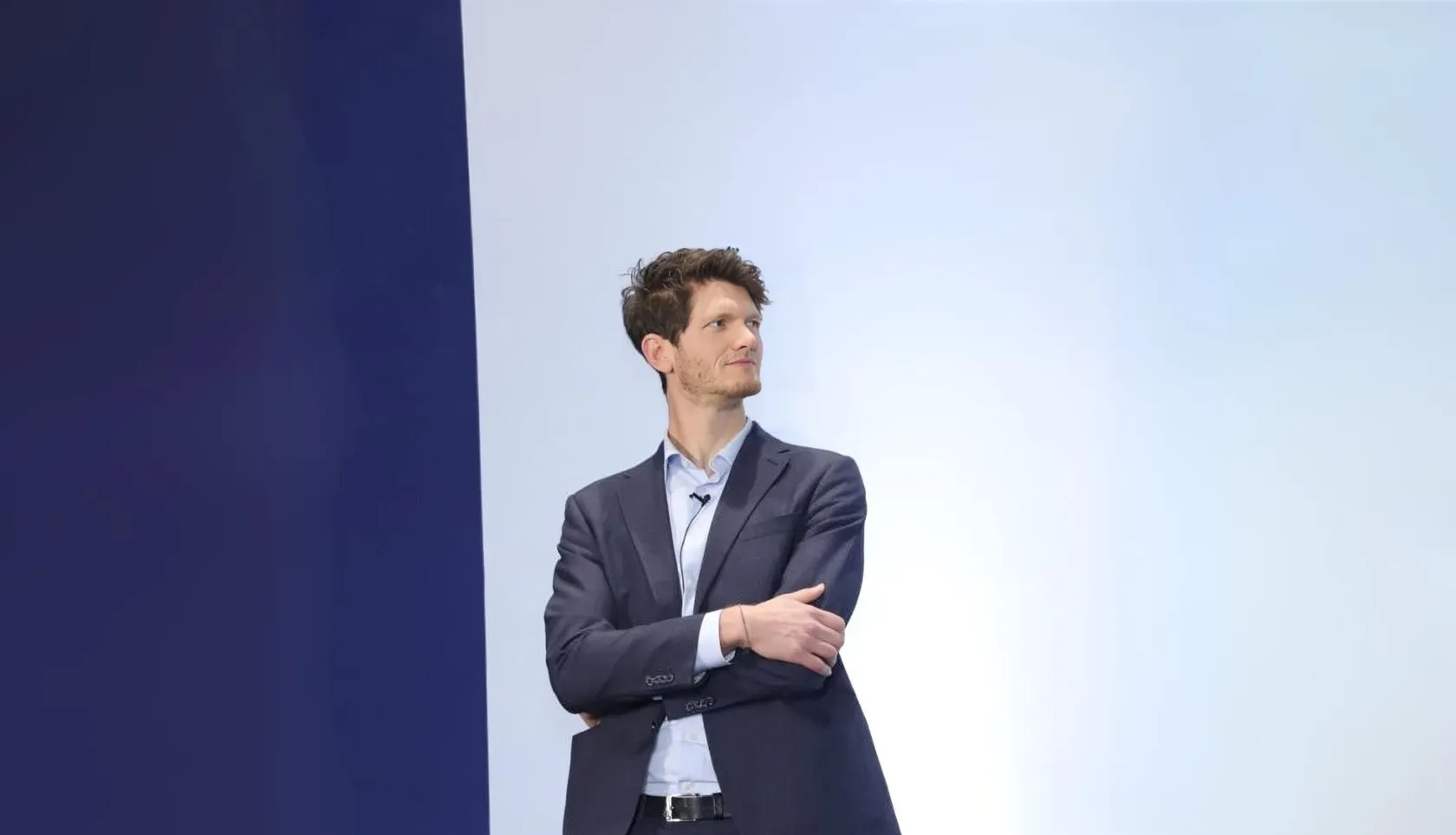
The Power of Theories for Decision-Making
Managers, innovators and entrepreneurs typically make decisions under regimes of uncertainty. Put simply, uncertainty implies that future events are hard to predict: in some cases, even envisioning the different scenarios that might emerge can be challenging. For instance, an entrepreneur developing an innovative startup faces the harsh reality that around 90% of ventures fail, with one of the main reasons being the failure to correctly forecast future trends and market demands. How can we structure the decision-making process to result in better predictions and better-informed decisions? The answer lies in developing theories. Theories enable decision-makers to generate abstract yet logical representations of the world, articulating hypotheses directed at testing causal mechanisms underlying the value being created by a novel business proposition. These theories ultimately ground and guide the choice of experiments that decision-makers might decide to conduct and, more importantly, allow for a rigorous interpretation of the evidence collected.
Developing a theory might seem like an effort exclusive to the realm of scientists and researchers, with limited practical application and attractiveness to practitioners. However, a large team of researchers conducted more than fifteen field experiments with both early-stage and more advanced entrepreneurs to demonstrate that developing theories is not only applicable to real-life decision-making but can also lead to an increase in performance and decision quality. In these experiments, entrepreneurs were offered a free-of-charge entrepreneurial training program lasting several months. Entrepreneurs were randomly assigned to alternative training conditions, one of which included a course where they were taught how to develop a theory and follow scientific-like principles when making decisions, among other topics. After tracking the entrepreneurs over time, even months and years after the training program ended, results showed that those trained with this theory-based or scientific approach were more likely to generate higher revenues, operate a better selection of valuable projects, and display peculiar behaviors in terms of pivoting and changes introduced to their business ideas.
Specifically, in two studies conducted in Italy, entrepreneurs were recontacted five years after the start of the training program. Data showed that those who followed the training based on the scientific approach were more accurate and quicker in assessing the value of projects. These entrepreneurs were more likely to have terminated projects earlier compared to their counterparts not trained with such an approach: particularly, such stricter selection process resulted in a pool of selected ideas that displayed both a higher probability of survival in the long term and higher economic performance. In a novel study conducted in the context of the Tanzanian agri-food industry, entrepreneurs trained to develop theories generated higher profits compared to those trained with an approach mainly based on experimentation. They also introduced more holistic changes to their business models, likely as a result of the more abstract and complete reasoning induced by theory formulation. A subsequent study also found that this group of entrepreneurs increased their perceived ability to deal with business-related challenges over time in a more persistent way than their counterparts.
These findings have paved the way for a brand-new and innovative research program at SDA Bocconi’s ION Management Science Lab (IMSL). Its aim is to study the decision-making process under conditions of uncertainty. It is clear that the bridge between abstract theory and practical application not only exists, but has become a crucial pathway for those seeking to excel in today’s complex environments.
